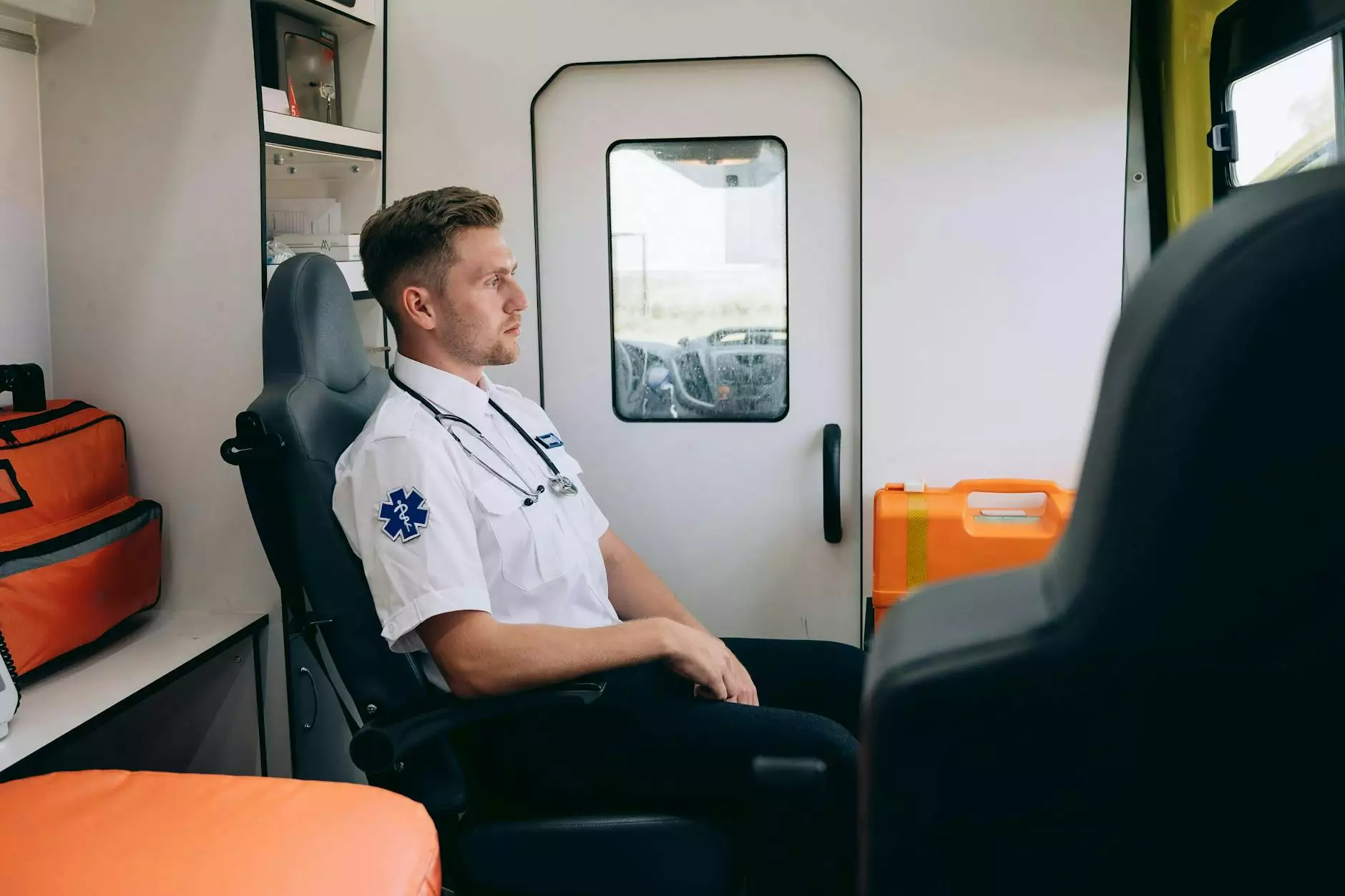Revolutionizing Obesity Surgery Trainings with VR Technology

The Evolution of Medical Training
The landscape of medical training has undergone a significant transformation over the years. Traditional methods of education often rely on static lectures, textbooks, and limited hands-on opportunities. As the field of medicine advances, especially in specialized areas like obesity surgery, the need for innovative training methods becomes evident.
In recent years, the incorporation of technology into educational settings has paved the way for more immersive and engaging learning experiences. One technological advancement that stands out is Virtual Reality (VR), which has proven to be a game changer for medical training.
Understanding Obesity Surgery
Obesity surgery, also known as bariatric surgery, involves various surgical procedures designed to help individuals with severe obesity achieve significant weight loss. As obesity rates continue to rise globally, the demand for skilled surgeons becomes increasingly critical. Traditional training methods, while effective, often cannot simulate the complexity of real-life procedures.
To adequately prepare surgeons for the challenges they will face, effective training programs are essential. This is where virtual reality comes in, offering a solution that enhances the learning experience and boosts surgical proficiency.
Integrating VR Technology in Training Programs
The introduction of obesity surgery trainings with VR technology has provided surgical trainees with an unprecedented opportunity to practice in a controlled and risk-free environment. Here are some key components of this integration:
- Immersive Simulations: VR technology creates realistic simulations of surgical procedures, providing students with a platform to practice techniques without endangering patients.
- Repetitive Practice: Trainees can practice surgical techniques repeatedly, refining their skills until they reach a higher level of proficiency.
- Feedback and Assessment: Many VR training programs offer instant feedback and assessments, allowing trainees to understand their performance and areas needing improvement.
- Collaborative Learning: VR platforms can facilitate team-based training, where multiple users can work together to simulate a surgery, fostering collaboration and communication.
Benefits of VR Training for Obesity Surgery
Utilizing VR technology for obesity surgery training presents numerous advantages, including:
Enhanced Learning Experience
The immersive nature of VR allows for active participation in learning. This engagement results in improved information retention and understanding of complex procedures.
Access to Diverse Surgical Scenarios
VR training can replicate a variety of scenarios and challenges that may not frequently occur in real-life training. This exposure prepares surgeons to handle unexpected complications during actual surgeries.
Cost-Effective Training
Implementing VR training programs can ultimately lead to cost savings for medical institutions. Reduced need for physical surgical labs and a decrease in patient risk translates into lower overall training expenses.
Increased Surgical Confidence
Through repeated practice and realistic simulations, trainees often report higher confidence levels when transitioning to live surgeries. This boost in confidence not only helps the surgeons but also enhances patient safety.
Real-World Applications and Success Stories
Various medical institutions are already implementing obesity surgery trainings with VR technology with promising outcomes:
Case Study: [Insert University or Hospital Name]
This institution has adopted VR training as part of their residency program. Over the course of a year, they noted a significant improvement in the performance of their surgical residents, particularly in complex procedures involving laparoscopic techniques.
Case Study: Global Health Initiatives
In collaboration with VR training developers, several global health organizations have employed VR technology to train surgeons in underprivileged regions. This initiative not only enhances skills but also ensures more patients receive quality surgical care.
Challenges and Considerations
While the integration of virtual reality into medical training is promising, several challenges exist:
- Cost of Simulation Equipment: Initial investment in cutting-edge VR technology might be substantial, posing a barrier for some training programs.
- Need for Trained Instructors: Successful implementation of VR training requires skilled instructors who understand both the technology and the surgical procedures.
- Balancing VR with Traditional Training: It's essential to find the right blend between virtual and traditional learning methods to ensure comprehensive education.
The Future of Surgical Training
The prospects for obesity surgery trainings with VR technology are optimistic. As technology continues to evolve, we can anticipate advancements that will further enhance the training experience:
- AI Integration: Combining VR training with artificial intelligence could lead to personalized training programs tailored to individual learning speeds and styles.
- Remote Training Capabilities: With ongoing advancements in VR, surgeons may one day refine their skills remotely, collaborating with peers and mentors across the globe.
- Further Research and Development: Continuous investment in research will likely yield more effective and realistic simulation scenarios, keeping pace with advancements in surgical techniques.
Conclusion
The application of obesity surgery trainings with VR technology represents a significant leap forward in surgical education. As this innovative approach continues to prove its efficacy in developing skilled surgeons, its adoption is essential for improving surgical outcomes and patient safety.
Medical institutions and training programs looking to enhance their curriculum should consider integrating virtual reality into their education strategies. With the potential to transform ordinary training into extraordinary learning experiences, VR technology is indeed paving the way for the future of surgical training.
At rotstudio.com, we are committed to exploring and sharing insights on how technology like virtual reality can reshape industries, including education and healthcare.









